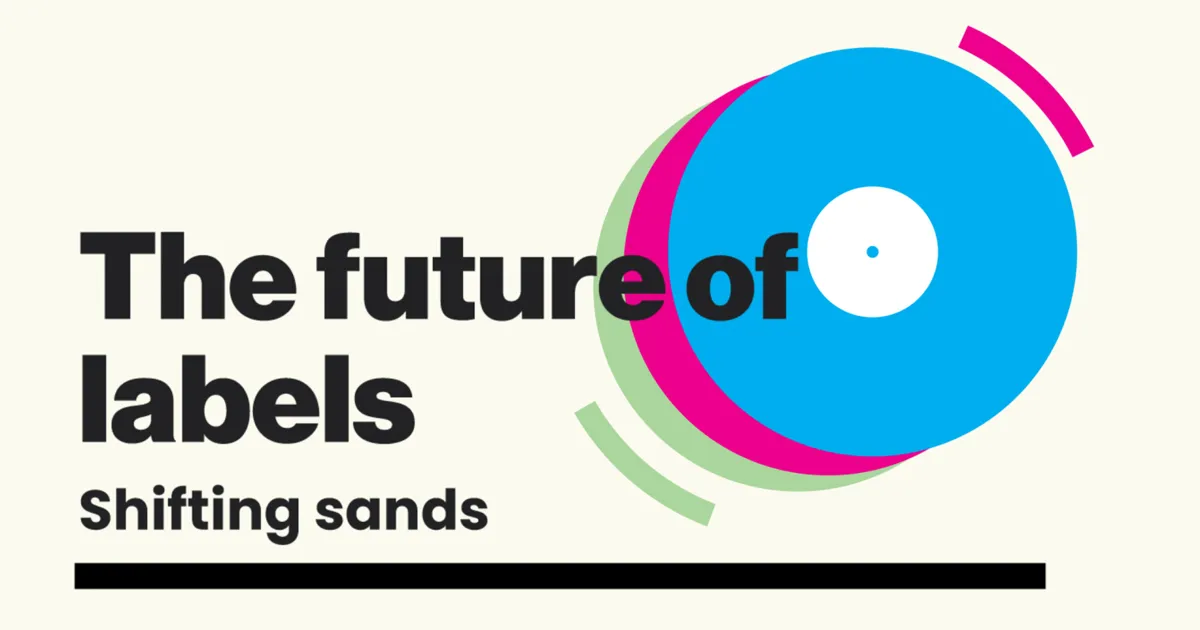______________________
Guest post by George Howard on ForbesAfter having written at length over the past several years about blockchain technology, I'm delighted to observe what appears to be growing consensus that this technology could become a core tool in facilitating the creation of a music industry ecosystem in which there are more winners than losers.Without throwing cold water on the party (I am, indeed a blockchain true believer), I do have concerns that the pace of adoption by important stakeholders will be slower than we desire unless certain things occur. Blockchain technology is currently like a great engine that does not yet fit into any car. Specifically, while an ever-increasing number of emerging or independent artists may avail themselves of this technology, there is a vast category of artists who are walled off from the potential advantages of this technology: artists whose copyrights for their sound recordings or musical works are controlled by major labels or publishers.Absent participation from this cohort, one has to wonder about the pace of widespread adoption of this technology.What makes this situation both tantalizing and frustrating is that there is a way for these artists to participate and engage with emerging technologies — blockchain or otherwise — that would rebalance the present-day dynamic in which there are more losers than winners to one where there are more winners than losers, and thus redefine the music industry ecosystem via:- Identification of rightsholders
- Direct exchanges of value between those who create musical works and those who desire to consume and utilize those works at free-market defined rates
- Incentivized fan engagement and participation
Related articles












